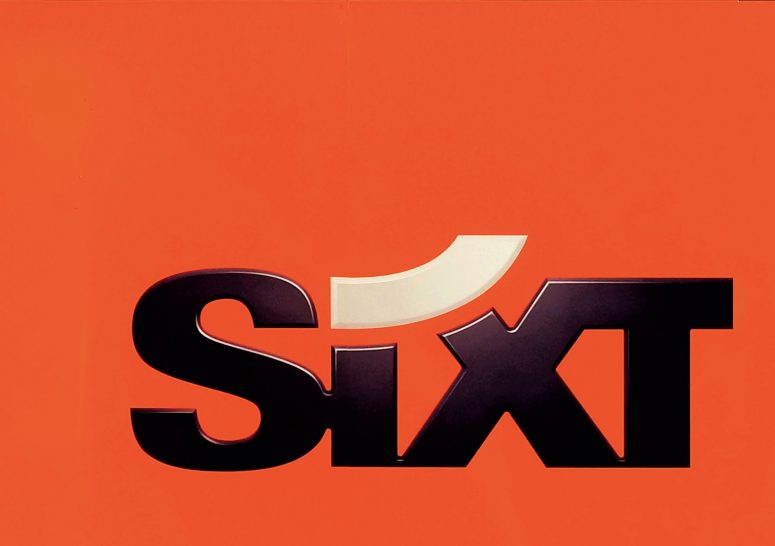
Let me begin by saying that I love free markets. Companies working in free markets have given me Maltesers, Kettle Chips, Thomas the Tank Engine DVDs (for my grandson, honest) and many other products and services I love. Competitive forces pushed companies to innovate in order to achieve higher product differentiation, and the result was that slabs of chocolate were turned into Maltesers, Aeros, Smarties and many more iconic products.
Note that, in all my examples, the markets weren’t entirely ‘free’, in the strict sense of many small companies competing fiercely in a homogenous marketplace. But although Cadbury, Mars and Nestlé enjoy the power of oligopolies within the chocolate market (with more than 70% market share), they really do compete. It is a free market in the sense that new businesses can enter or leave the market at any time.
Your organisation does not have access to this article.
Sign up today to give your students the edge they need to achieve their best grades with subject expertise
Subscribe




